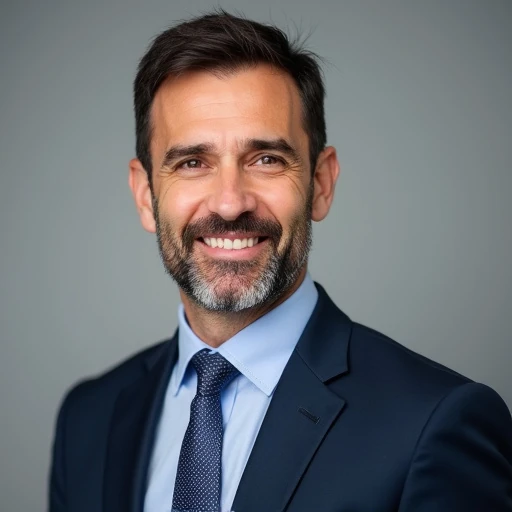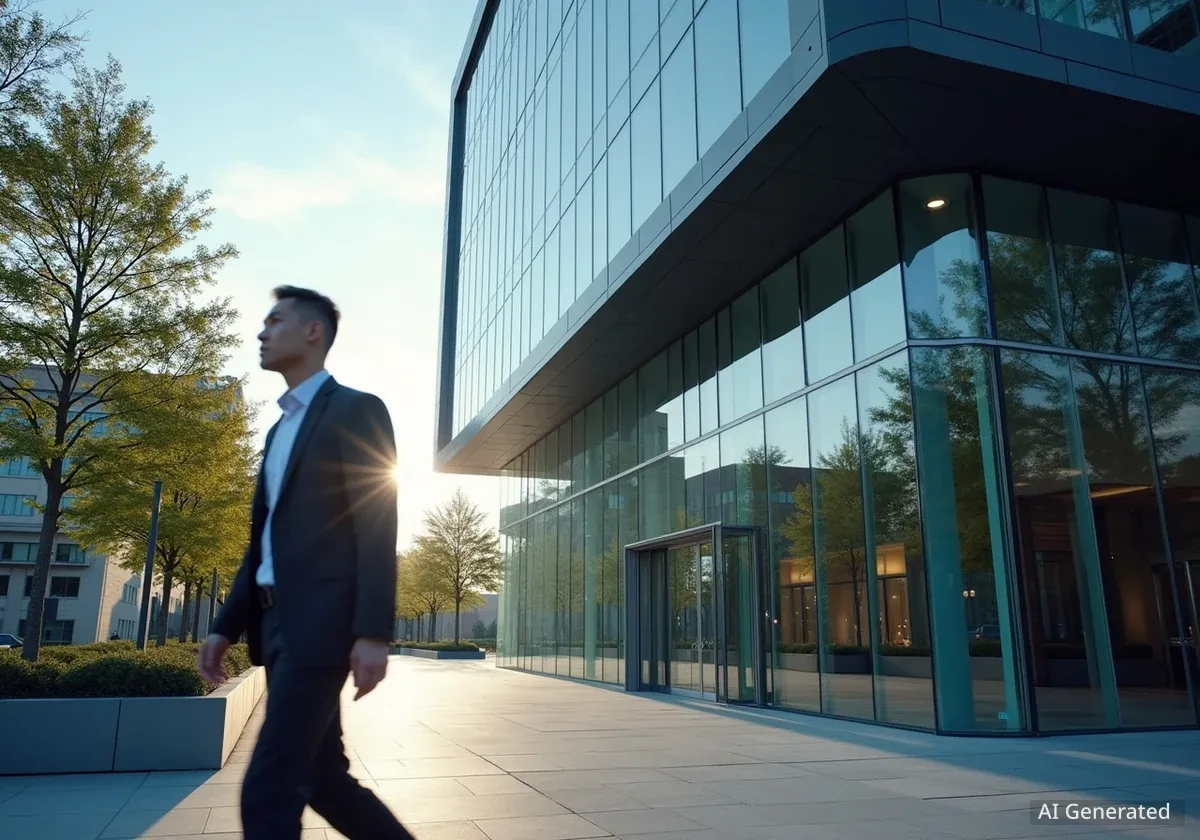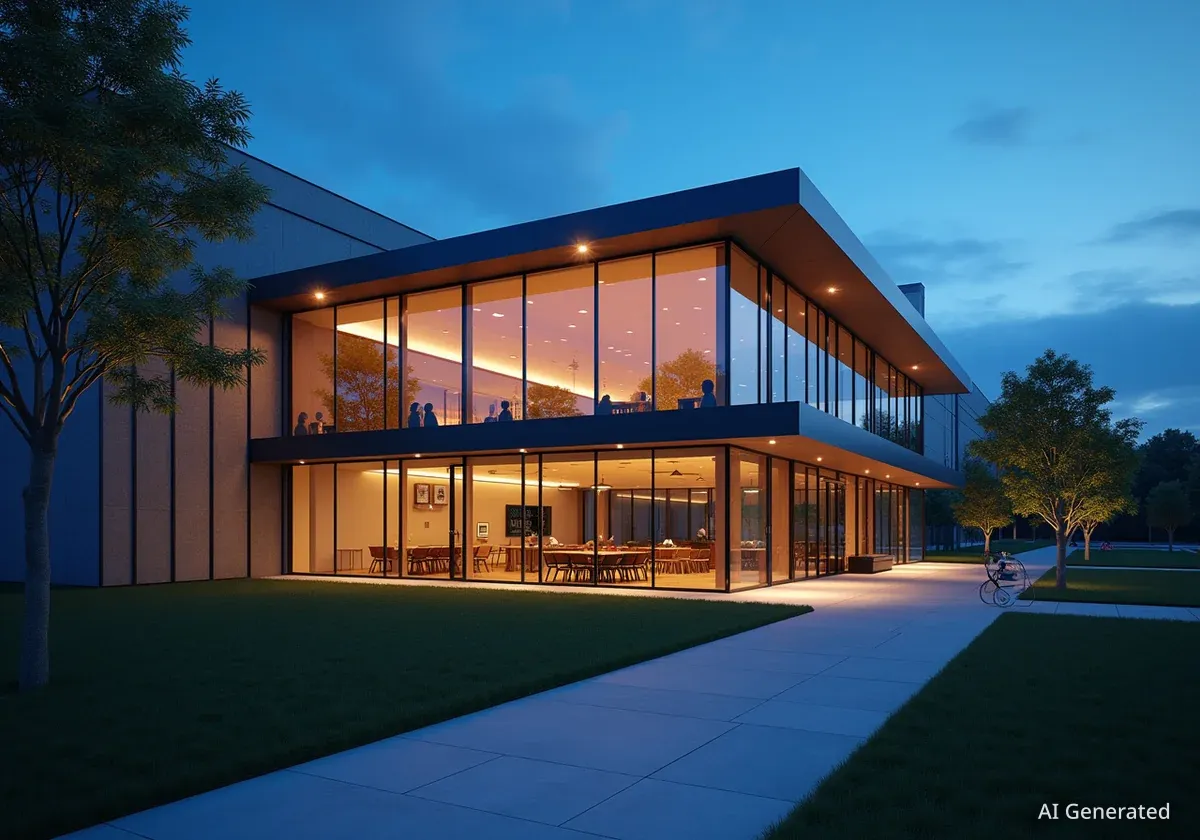David Lloyd Clubs, a prominent name in the health and wellness sector, has announced a significant £300 million investment plan. The strategy aims to expand its presence across Europe over the next five years, introducing new facilities and upgrading existing ones to meet evolving consumer demands for premium health and leisure experiences.
The ambitious plan includes the development of 50 new clubs in key European markets such as Germany, Spain, and France, alongside continued investment in its established UK and Netherlands operations. This move is expected to create approximately 2,000 new jobs and solidify the company's position as a leader in the premium fitness industry.
Key Takeaways
- Major Investment: David Lloyd Clubs is committing £300 million to a comprehensive five-year growth strategy.
- European Expansion: The plan targets the opening of 50 new clubs, with a focus on Germany, Spain, and France.
- Job Creation: The expansion is projected to generate around 2,000 new full-time and part-time positions.
- Focus on Innovation: Investment will also go towards integrating new technologies and developing smaller, more flexible club formats.
A Strategic Push into New Markets
The core of David Lloyd Clubs' new strategy is a calculated push into mainland Europe. While the company has a strong foothold in the UK, this investment marks its most aggressive expansion into continental markets to date. The allocation of funds will be phased over five years, ensuring a sustainable and structured rollout of new facilities.
Company executives have identified a growing demand for holistic wellness centers that offer more than just gym equipment. This includes family-friendly activities, premium spa facilities, and social spaces. The expansion will capitalize on this trend by exporting the successful David Lloyd model to new urban and suburban locations.
Targeted Growth Regions
The selection of Germany, Spain, and France is not accidental. According to market analysis cited by the company, these countries have a rising middle class with increasing disposable income and a growing interest in health and wellness. The plan involves a mix of acquiring existing fitness centers for rebranding and constructing new, purpose-built clubs.
Investment Breakdown
The £300 million investment is earmarked for several key areas: new property acquisition and construction, refurbishment of existing clubs, technological upgrades, and staff training and development programs to support the expansion.
The company aims to open an average of 10 new clubs per year for the duration of the plan. This steady pace allows for careful site selection and ensures that each new club meets the brand's high standards for quality and service.
Innovation in Club Formats and Technology
A significant portion of the investment will fuel innovation. David Lloyd Clubs is exploring the development of smaller, more compact club formats designed for dense urban centers. These 'David Lloyd City' concepts would offer a curated selection of the brand's premium services, tailored to busy professionals.
This contrasts with their traditional larger, family-oriented clubs often found in suburban areas. The goal is to create a more flexible portfolio of properties that can adapt to different demographic and geographic needs, thereby capturing a wider customer base.
Background on David Lloyd Clubs
Founded in 1982 by former professional tennis player David Lloyd, the company has grown to become one of Europe's leading health, sport, and leisure groups. It currently operates over 130 clubs across the UK and mainland Europe, serving more than 730,000 members.
Digital Integration and Member Experience
Technology is another key pillar of the growth strategy. The funds will be used to enhance the digital member experience through an improved mobile app, which will offer personalized workout plans, seamless class booking, and integrated wellness tracking. The company also plans to invest in state-of-the-art fitness equipment that connects with members' personal devices.
"Our members' expectations are constantly evolving, and technology plays a crucial role in delivering a seamless and personalized experience. This investment allows us to not only build new clubs but also to build a more connected and responsive digital ecosystem for our entire community," said Glenn Earlam, the company's CEO.
The focus on a hybrid model, combining physical club experiences with digital support, reflects a broader trend in the fitness industry. Members increasingly expect the flexibility to manage their fitness journey both in-person and online.
Economic Impact and Job Creation
The expansion is expected to have a notable economic impact. The creation of 2,000 new jobs will span a wide range of roles, from fitness instructors and personal trainers to management, hospitality, and maintenance staff. This provides a significant boost to local economies where the new clubs will be located.
The construction and outfitting of 50 new facilities will also support local contractors, suppliers, and service providers, creating a ripple effect of economic activity. Each new club represents a multi-million-pound investment into its local community.
- Direct Employment: Fitness coaches, spa therapists, club managers, sales staff.
- Indirect Employment: Construction workers, equipment suppliers, marketing agencies.
- Community Investment: Each new club becomes a local hub, often supporting community events and sports programs.
This job creation comes at a time when the leisure and hospitality sectors are continuing their recovery, making the announcement a positive signal for the industry's health and long-term prospects.
Future Outlook for the Premium Leisure Sector
David Lloyd Clubs' £300 million plan is a strong statement of confidence in the future of the premium health and wellness market. After a period of disruption, consumers are placing a higher value than ever on physical and mental well-being, and they are willing to invest in high-quality environments that support a healthy lifestyle.
The company's strategy of combining premium physical facilities with robust digital integration and a focus on community and family is well-positioned to meet these modern demands. The success of this five-year plan will be closely watched by competitors and could set a new benchmark for growth and innovation in the European leisure industry.
As the plan rolls out, the key will be maintaining the brand's reputation for quality and service across a rapidly expanding network of clubs. If successful, it will not only grow the David Lloyd footprint but also reinforce the resilience and potential of the entire wellness sector.





